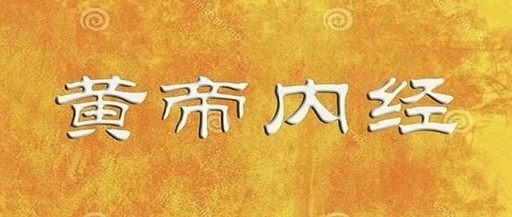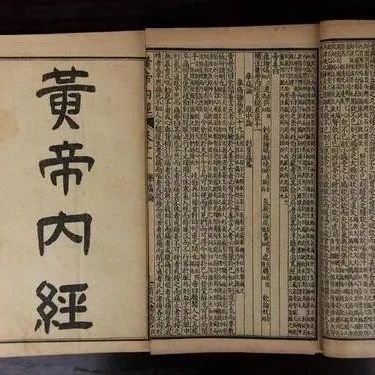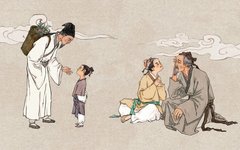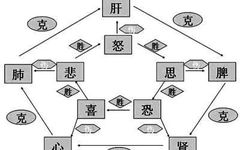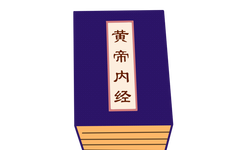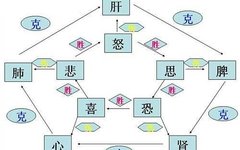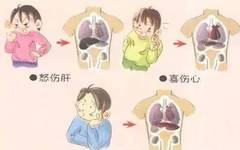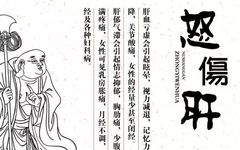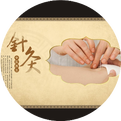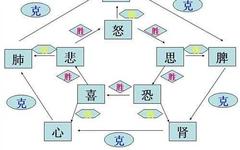The Relationship Between the Five Elements and the Five Organs in the Huangdi Neijing
The Huangdi Neijing (黄帝内经) discusses the relationship between the Five Elements (五行) and the Five Organs (五脏) in the fourth chapter of the Jinkui Zhenyan Lun (金匮真言论篇): Five Elements: Wood, Fire, Earth, Metal, Water Five Organs: Liver, Heart, Spleen, Lung, Kidney East corresponds to the color green, associated with the Liver (肝), opening to the … Read more

